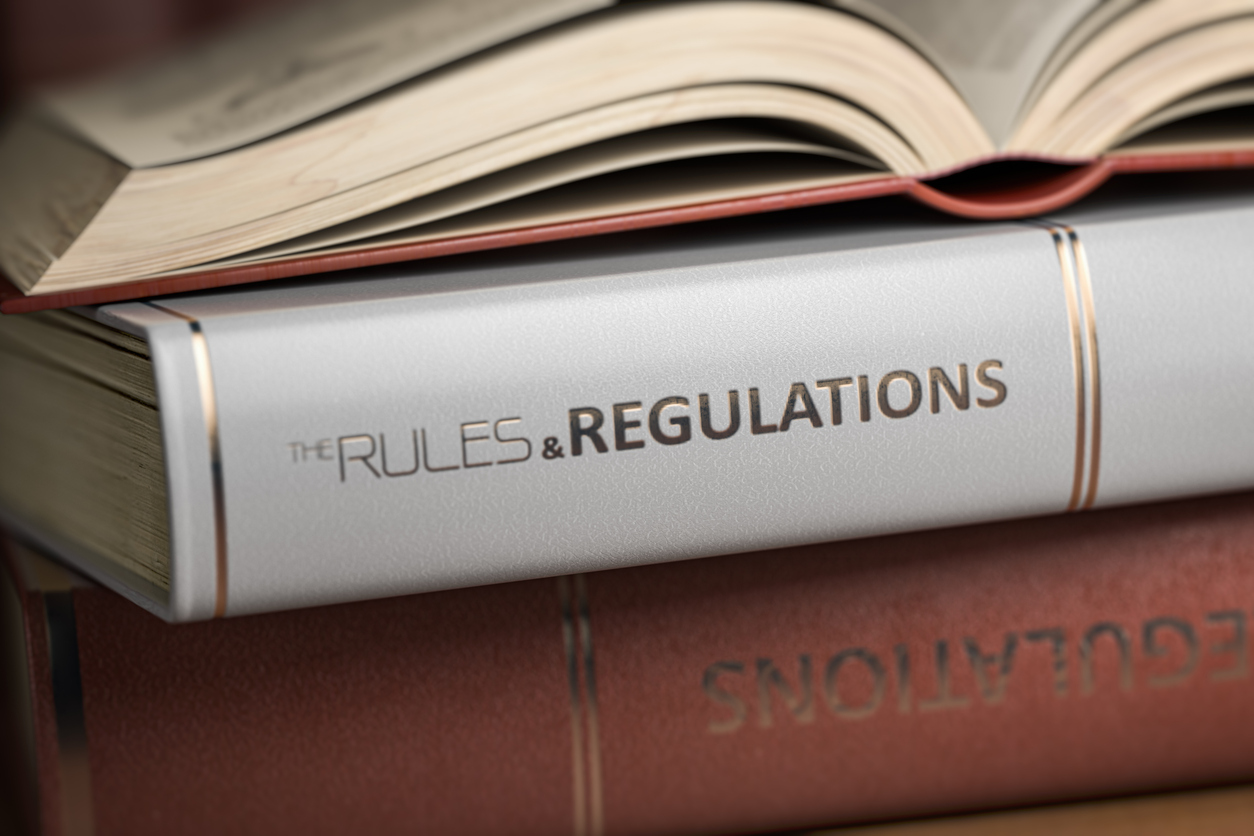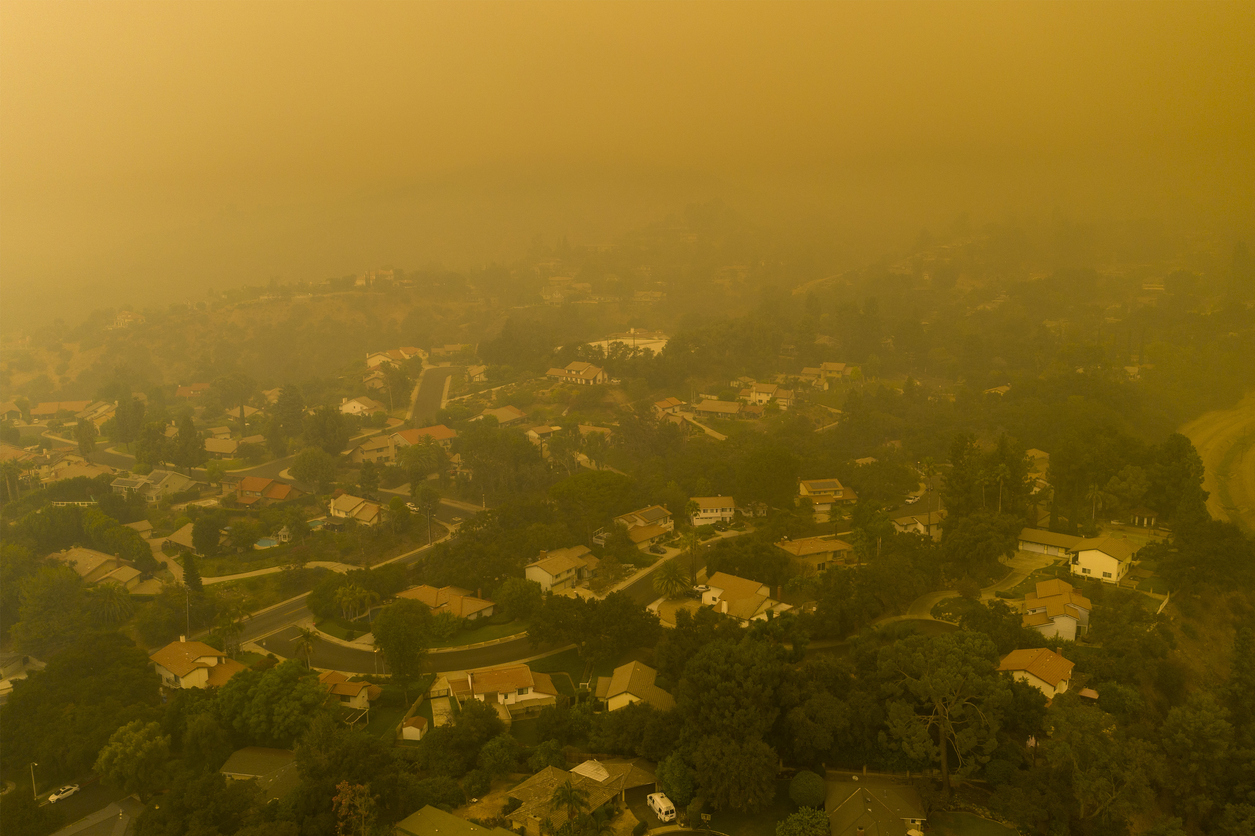Since 2001, Colorado policyholders have technically been able to assert a claim against insurers for violation of Colorado’s Consumer Protection Act (“CCPA”) bad faith handling of their insurance claims. See Showpiece Homes Corp. v. Assurance Company of America, 38 P.3d 47 (Colo. 2001) (“the list [of enumerated unfair or deceptive trade practices] in section 6–1–105 is not exhaustive and because deceptive or unfair practices in the business of insurance could clearly injure the public they are within the purview of the CCPA.”).
The CCPA is theoretically a good tool for policyholders to use as leverage against their insurance company because a violation of the CCPA could result in treble damages and attorney’s fees. Unfortunately, very few policyholders have succeeded on a CCPA claim against their insurer because the burden of proof for the insured is extremely high. The insured must prove: (1) that the defendant engaged in an unfair or deceptive trade practice; (2) that the challenged practice occurred in the course of defendant’s business, vocation, or occupation; (3) that it significantly impacts the public as actual or potential consumers of the defendant’s goods, services, or property; (4) that the plaintiff suffered injury in fact to a legally protected interest; and (5) that the challenged practice caused the plaintiff’s injury. Rhino Linings USA, Inc. v. Rocky Mountain Rhino Lining, Inc., 62 P.3d 142, 146 (Colo. 2003).
Most plaintiff’s lawyers agree it is extremely difficult to prove the first and third elements of this claim because the first element must be pled with specificity, like a claim for fraud pursuant to C.R.C.P. 9(b), and it is impossible to show the third element– a “public impact” –unless plaintiff is able to obtain or discover numerous other policies and claims which were handled (or mishandled) in the same way as the plaintiff’s claim. Many CCPA claims are kicked out at the very early pleading stage through motions to dismiss filed by defendant insurance companies.
Recently, however, the U.S. District Court of Colorado issued a slip opinion that clarifies what is required at the pleading stage and the scope of discovery for plaintiffs asserting a CCPA claim against their insurer. In D.R. Horton, Inc.-Denver v. The Travelers Indem. Co. of Am., No. 10-CV-02826-WJM-KMT, 2012 WL 527204, at *5 (D. Colo. Feb. 16, 2012), the Court stated,
The relevant factors to consider in evaluating whether a challenged practice significantly impacts the public are: (1) the number of consumers directly affected by the challenged practice, (2) the relevant sophistication and bargaining power of the consumers affected by the challenged practice, and (3) evidence that the challenged practice has previously impacted other consumers or has the significant potential to do so in the future. [Rhino at 149.]
As an initial matter, the Court clarifies that it does not apply the heightened pleading standard of Rule 9(b) to this element of the CCPA claim.
D.R. Horton at *4.
This clarification is helpful to policyholders because it would be difficult, if not impossible, to plead with specificity the number of consumers directly affected by the challenged practice or the relevant sophistication and bargaining power of the consumers affected by the challenged practice, as insurance companies keep this information strictly confidential unless compelled to produce it by a court order or subpoena.
The Court further noted that the insured is clearly entitled to discovery as to public impact before a Court may dismiss an insured’s CCPA claim.
It is difficult to imagine how an insured could ever maintain a CCPA action against an insurer for bad faith handling of the insured’s claim if the plaintiff needed to show at the pleading stage a widespread pattern or practice of the insurer in handling the claims of other insureds in the same way. See Riggs v. City of Albuquerque, 916 F.2d 582, 586 (10th Cir.1990) (discussing “[t]he importance of permitting discovery when crucial information is in the exclusive control of the defendant”).
D.R. Horton at *5, footnote 7.
It is clear that insurers in bad faith litigation may no longer refuse to produce similar claims files by simply arguing that the insured is attempting a “fishing expedition” or similar arguments. This opinion is a good (albeit small) step forward for policyholders, giving leverage against insurers that mishandle claims and delay or deny claims in bad faith.



